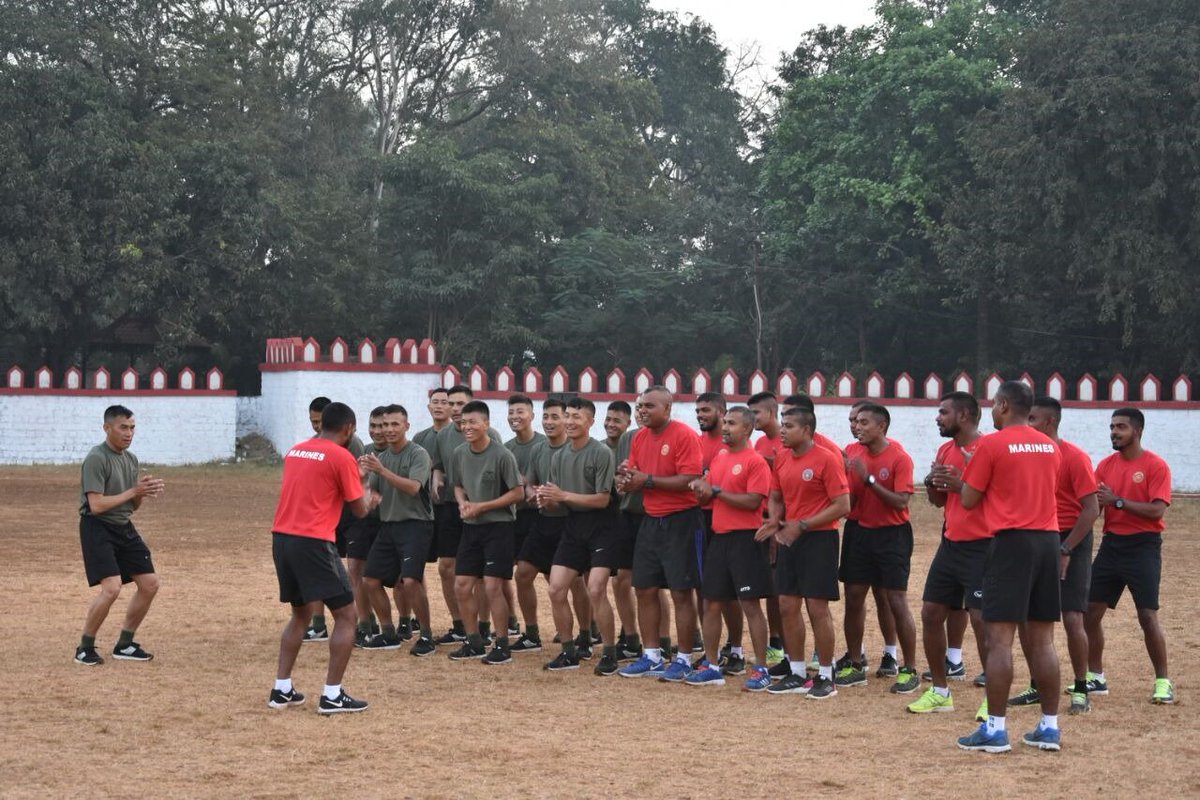Morning Physical Training (PT) is a cornerstone of military life and serves several important purposes in the army. Here are the key reasons why morning PT is emphasized:
1. Physical Fitness and Readiness
- Combat Preparedness: The primary goal of PT is to maintain and improve physical fitness. Soldiers need to be in peak physical condition to perform effectively in combat and other military duties. Regular PT ensures that soldiers have the strength, endurance, and agility necessary for operational readiness.
- Health: Morning PT helps soldiers maintain good cardiovascular health, muscular endurance, flexibility, and overall physical wellness. A fit soldier is less likely to suffer from injuries and is more capable of enduring the physical demands of military tasks.
2. Discipline and Routine
- Building Discipline: The military emphasizes discipline, and part of that is creating a structured daily routine. Morning PT sets the tone for the day, reinforcing the importance of punctuality, commitment, and following orders.
- Consistency: Doing PT every morning creates a sense of consistency and discipline in a soldier’s life. It’s a daily habit that promotes mental toughness and adherence to a regimented schedule, which is crucial in a military setting.
3. Team Building and Camaraderie
- Unit Cohesion: PT is often done in groups, which helps foster a sense of teamwork and camaraderie. Soldiers push each other, motivate one another, and experience success (or struggle) as a unit. This builds trust and solidarity, which is essential in combat situations.
- Collective Motivation: The shared experience of morning PT helps build a “we’re in this together” mentality. Soldiers support each other, often making it easier for individuals to perform tasks they might find difficult on their own.
4. Mental Toughness and Resilience
- Starting the Day Strong: Morning PT helps soldiers build mental toughness. Starting the day with a physically challenging activity develops resilience and prepares soldiers to face the challenges of the day ahead, both physically and mentally.
- Stress Relief: Physical activity in the morning also helps to clear the mind and reduce stress. It can be a good way to improve mood, focus, and mental clarity, which are all vital in a demanding military environment.
5. Energy and Motivation for the Day
- Increased Energy: Exercise helps boost endorphins and energy levels, which helps soldiers stay alert and motivated throughout the rest of the day. A good workout in the morning can set a positive tone and increase productivity in other areas of military training or work.
- Wakefulness: Morning PT helps soldiers shake off sleepiness and prepare themselves to be mentally sharp, alert, and ready to tackle the tasks of the day.
6. Leadership and Accountability
- Leadership Development: For junior leaders (e.g., squad leaders or NCOs), leading morning PT sessions provides an opportunity to practice leadership and command presence. It allows leaders to motivate their subordinates, provide instruction, and hold them accountable.
- Accountability: Morning PT requires soldiers to show up and be prepared, promoting accountability. If someone is late or unprepared, it can be a reflection of their discipline and commitment. This holds individuals accountable not only to their fitness goals but also to the overall mission and team.
7. Weight Management and Body Composition
- Maintaining Standards: PT helps soldiers meet the army’s physical fitness and body composition standards, which are crucial for both operational readiness and career progression. Regular morning PT is a proactive way to ensure that soldiers remain within weight and fitness requirements.
- Preventing Obesity and Poor Health: Regular exercise is an important preventive measure to combat obesity and other health problems that can affect soldiers’ performance and their ability to deploy.
8. Tradition and Legacy
- Military Tradition: Physical training has been a part of military life for centuries. The tradition of morning PT has a historical significance, representing the army’s commitment to readiness, discipline, and strength.
- Cultural Norm: In many military forces, morning PT is simply part of the culture. It’s a daily ritual that soldiers expect, and it’s a part of the ethos that strengthens the overall identity of the military organization.
9. Improved Sleep Patterns
- Regulating Sleep: Regular physical activity, especially in the morning, can help regulate sleep patterns. Soldiers who engage in morning PT tend to experience better quality sleep at night, which is vital for recovery and readiness.
10. Functional Fitness for Military Tasks
- Mission-Specific Training: Morning PT often includes exercises that mirror tasks soldiers will perform in the field, such as running, marching, climbing, carrying heavy loads, and other functional movements. This ensures soldiers are well-prepared for the physical demands of military operations.
In short, morning PT is not just about fitness—it’s about discipline, team building, mental toughness, and ensuring that soldiers are always prepared for the challenges they may face. It’s a comprehensive tool for enhancing both the physical and psychological readiness of soldiers.

